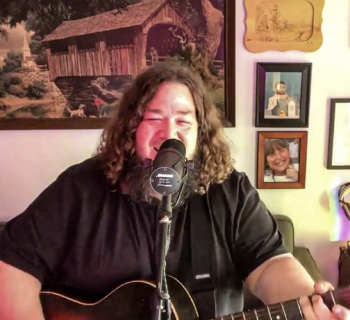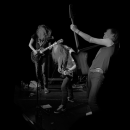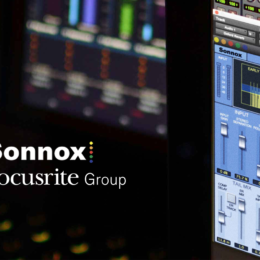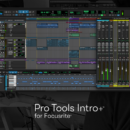A new Senate bill would help artists discover the unauthorized use of their copyrighted work in Generative Artificial Intelligence models. The bill was introduced by Senator Peter Welch, and it is called the Transparency and Responsibility for Artificial Intelligence network (“TRAIN”).
The reference to “Generative” Artificial Intelligence refers to a certain type of A.I. that creates new content such as music, audio, images and videos. If the bill passes, it will give copyright holders (such as songwriters and recording artists) the right to see training records so they can confirm if their original work was used without their permission. Many A.I. startups and companies do not disclose their training methods. As Shira Permutter, U.S. Copyright Director recently stated, without insight into how these companies are trained, copyright holders are “left in the dark” about the possible unauthorized misuse of their original work, thereby harming their rights and income.
Senator Welch stated:
“This is simple. If your work is used to train A.I., there should be a way for you, the copyright holder, to determine that it’s been used by a training model, and you should get compensation if it was… We need to give America’s musicians, artists, and creators a tool for finding out when A.I. companies are using their work to train models without artists’ permission.”
Many companies do not reveal their A.I. training methods, which causes creators to be unable to confirm whether or not their creative work has been used in A.I. systems. The TRAIN Act deals with these “black box” problems and seeks to make the A.I. process more transparent.
The way the bill would work is it would permit copyright holders to subpoena training records of generative A.I. models, when the holder can state a “good faith belief” that their original work has been used to train the model. The A.I. developers would then have to disclose the training material “sufficient to identify with certainty” if the copyright holders work was used. A failure to comply with the subpoena would establish a legal presumption (until otherwise proven) that the A.I. company did use the subject copyrighted work.
Many music related organizations are supporting this bill. David Israelite, president of the National Music Publishers Association, endorsed the bill and stated:
“We greatly appreciate Senator Welch’s leadership on addressing the complete lack of regulation and transparency surrounding songwriters’ and other creators’ works being used to train generative A.I. models. The TRAIN Act proposes an administrative subpoena process that enables righthanders to hold A.I. companies accountable.”
The TRAIN Act appears to be a sensible way for the law to protect creators from rapidly developing, unregulated A.I. technologies. It institutes a way for artists to have a legal process (subpoena) whereby they can determine if their work is being used without permission or compensation.
GLENN LITWAK is a veteran entertainment attorney based in Santa Monica, CA. He has represented platinum selling recording artists, Grammy winning music producers, hit songwriters, management and production companies, music publishers and independent record labels. Glenn is also a frequent speaker at music industry conferences around the country, such as South by Southwest and the Billboard Music in Film and TV Conference. Email Litwak at [email protected] or visit glennlitwak.com.













